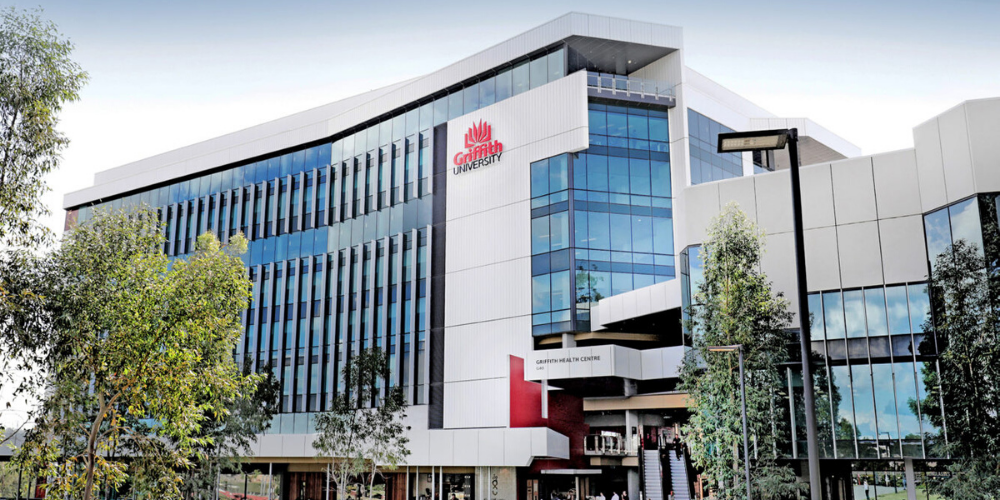A landmark Australian trial will test olfactory cell transplantation combined with intensive rehab to restore function in chronic spinal cord injury patients.
A landmark Australian trial will test olfactory cell transplantation combined with intensive rehab to restore function in chronic spinal cord injury patients.

On 18 November 2024, Griffith University announced a major philanthropic boost for its upcoming clinical trial targeting chronic spinal cord injury. The study, led by Professor James St John at the Clem Jones Centre for Neurobiology and Stem Cell Research, will evaluate the safety and efficacy of transplanting olfactory ensheathing cells (OECs) into injured spinal tissue—a technique that could redefine neuroregenerative medicine.
The trial, set to begin enrollment in early 2025, has received a $100,000 donation from Terry and Rhonda White, longtime supporters of spinal injury research. The funds will help support the $14 million initiative, which combines cell transplantation with long-term, intensive rehabilitation. The goal: to create a “nerve bridge” that facilitates reconnection and functional recovery in patients with chronic spinal damage.
This research builds on the legacy of the late Professor Emeritus Alan Mackay-Sim AM, a pioneer in stem cell therapy for spinal injuries. The trial design was developed in consultation with spinal injury communities to ensure clinical relevance and patient-centered outcomes.
For clinical researchers, the study represents a rare convergence of cell therapy, neurobiology, and rehabilitation science. It also highlights the growing role of philanthropy in advancing high-cost, high-impact trials that may not fit traditional funding models.
The Clem Jones Foundation and Perry Cross Spinal Research Foundation have also pledged support, emphasizing the importance of sustained investment in long-term medical research. As Professor St John noted, “There are no overnight miracles in this field—only the patient, persistent work of science and the generosity of those who believe in it.”
This trial could pave the way for future studies exploring cell-based therapies for other neurodegenerative conditions, including ALS and multiple sclerosis, and may ultimately shift the paradigm for spinal cord injury treatment worldwide.
Keep in touch with our news & offers